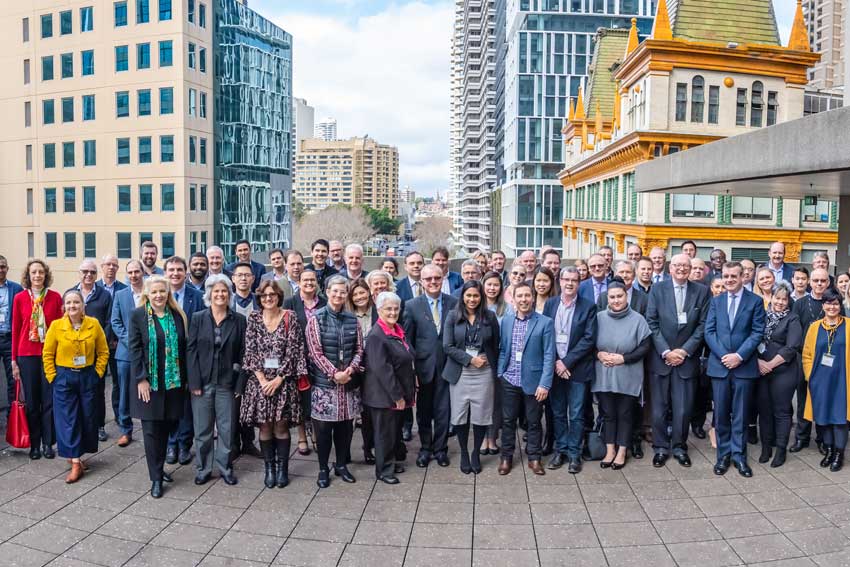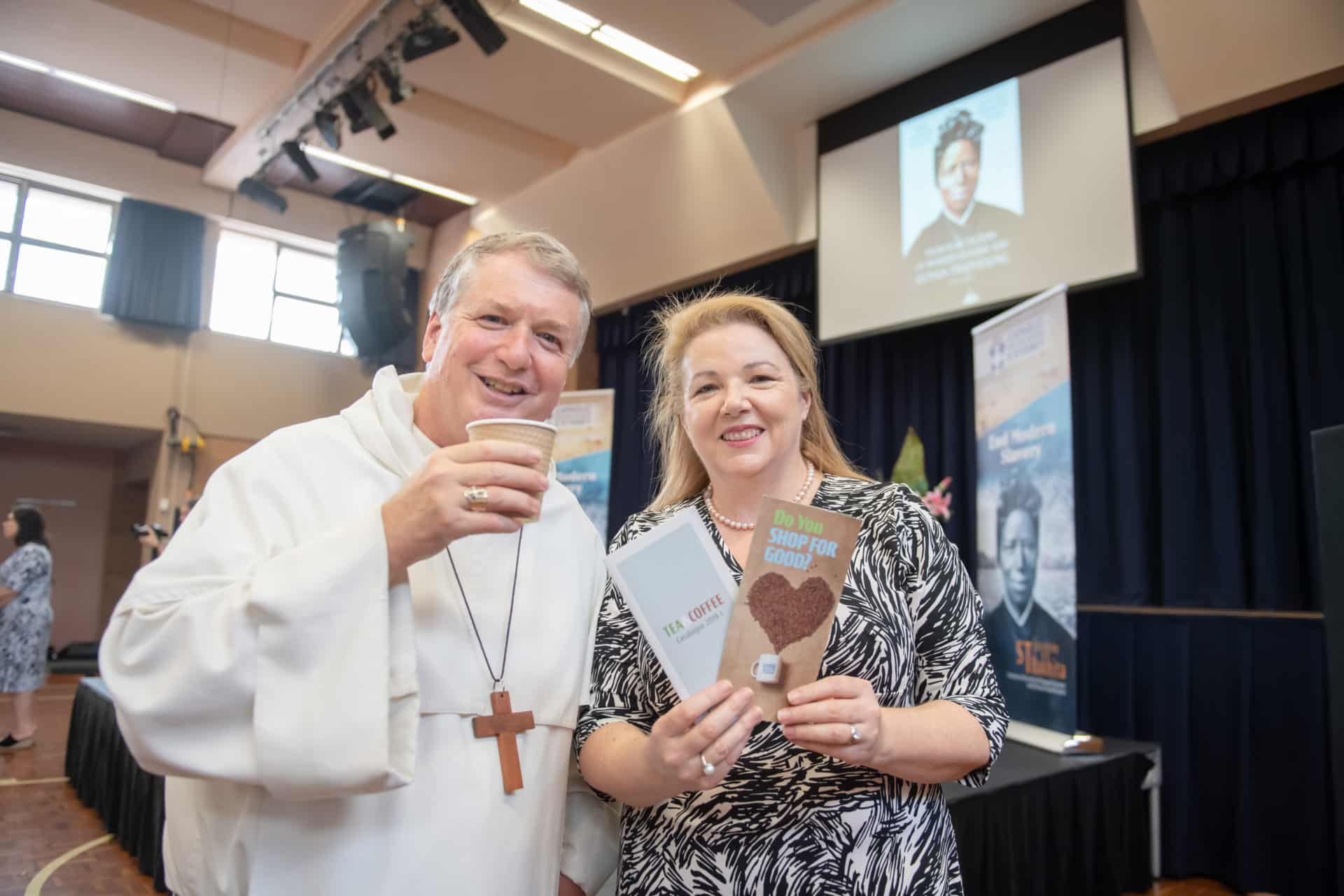
Cambodian author and artist Vannak Anan Prum is lucky to have survived his ordeal of modern slavery.
Tricked into a dangerous job aboard a Thai fishing vessel for more than three years and never paid, he escaped the abusive captain and crew late one night while it was docked in Malaysia only to find himself sold by corrupt police to a palm oil plantation owner.
A further four months of forced labour ended when Vannak was attacked with a machete during a brawl between labourers and taken to hospital, becoming eventually rescued by an NGO.
“On the boat I would have only four hours of rest, two during the day and two in the evening, while at busier times when there were fish aboard it was three nights’ straight with no rest,” the father of two told The Catholic Weekly via an interpreter.
“I had been married for about a year and then my wife got pregnant and I had to earn money.
“I believed that if kept my head down, worked hard and tried to get along with the boss that in the end I would receive the money I had been promised.
“Through my book I hope to raise awareness about slavery occurring around the world today, and I hope in the future to document the stories of other survivors, men, women and children.”

The 41-year-old self-taught artist shared his harrowing story at the Australian launch of his memoir, a graphic novel titled ‘The Dead Eye and The Deep Blue Sea’, during an anti-slavery conference held by the Archdiocese of Sydney to coincide with the United Nations World Day Against Trafficking in Persons on 30 July.
The two-day conference hosted by the Anti-Slavery Taskforce drew together representatives from more than 40 Catholic entities from every state and territory including the Australian Catholic Bishops’ Conference.
Leading experts in anti-slavery in Australia and overseas provided their expertise and advice in solutions and ways forward for Catholic agencies as they work to rid their supply chains of the risk of modern slavery and meet their obligations under the Modern Slavery Act.
Taskforce executive officer Alison Rahill said the conference was focused not only on the challenges but on working for solutions. Delegates, including representatives of St Vincent’s Health and Sydney Catholic Schools, were asked to perform an analysis of their organisations to gauge the current levels of awareness and action.

While the focus was eradicating the risk of modern slavery from Catholic supply chains, there was also a focus on ethical finance and investment. At a session chaired by head of the Catholic Development Fund Peter Bokeyar, the executives in charge of 85 per cent of Australian Catholic financial institutions were represented.
They heard from Dr James Cockayne, director of the Centre for Policy Research at the United Nations University and Mans Carlsson-Sweeny, head of Environmental, Social and Governance (ESG) for Ausbil Investment Management.
“Under the Modern Slavery Act, investors and banks must account for their operations—who do they lend money to, what are the bases upon which they lend money and how do you deal with the risk of slavery in respect of this,” said chair of the Anti-Slavery Taskforce John McCarthy QC.
Participants also benefitted from case studies from organisations such as the Cleaning Accountability Framework and Ethical Clothing Australia which have put measures in place to deal with a problem which Pope Francis himself as described as a “scourge on the face of contemporary society”, he said.
“We will be working together to help Catholic organisations lay a foundation for compliance, reporting and for a consistent approach to Modern Slavery Statements across the country,” he added.
The conference was sponsored by the ACU and the Sydney archdiocese’s Catholic Development Fund.
Related articles:
